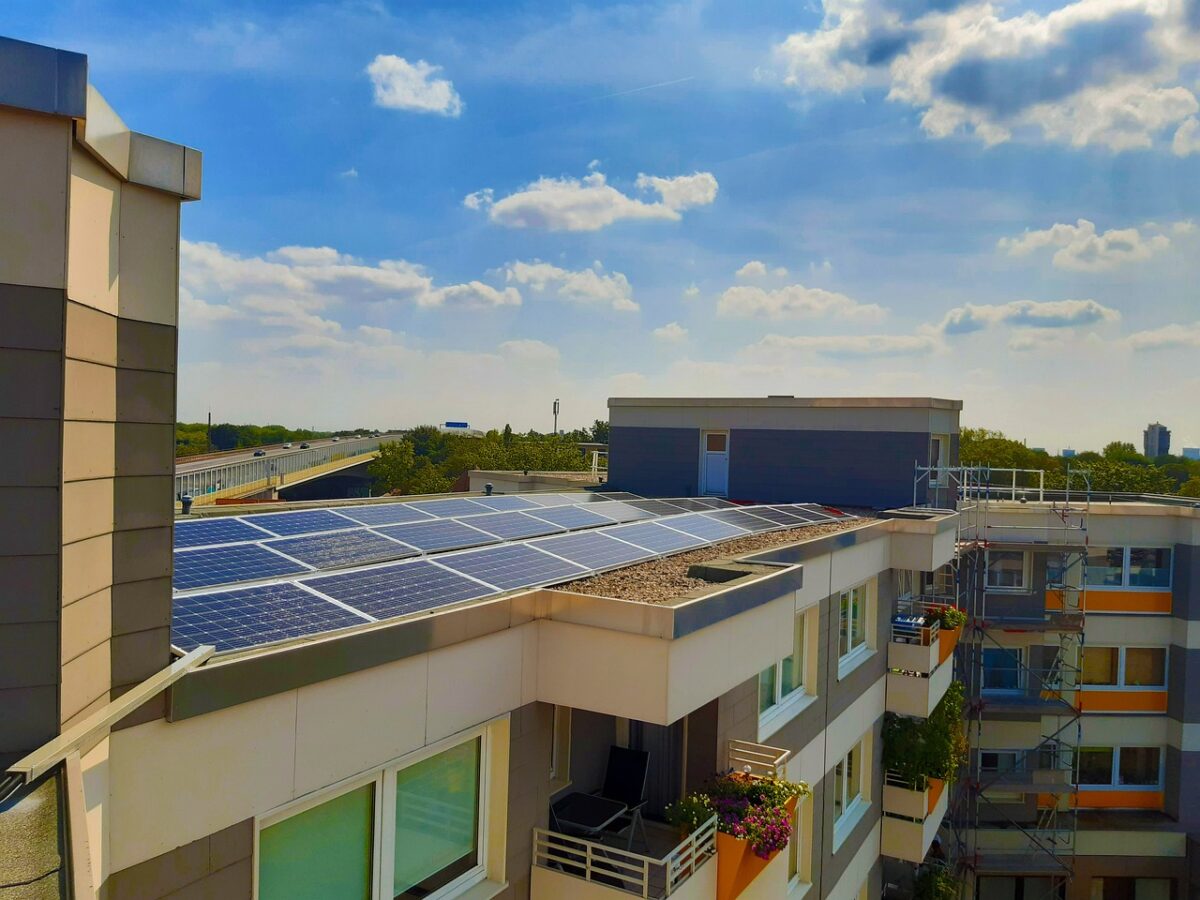France-based Ensol, a startup that wants to make acquiring residential PV and home energy solutions more efficient, has raised €3 million ($3.2 million) in venture capital from Paris-based investors, Otium Capital, a fund that backs early-stage companies, and BetterAngle, a business angel group.
The French startup was created to make it easier for homeowners to acquire solar PV systems. One way it does that is via its website, which is designed to enable consumers to enter their own data about location, site specifications, and energy needs to receive a customized offer with estimated costs, including information about return on investment.
Ensol claims to be able to commission a new project within one month of receiving a signed offer. Its website lists suppliers, such as French module-maker DualSun, along with inverter and communications gateway suppliers, such as US-based Enphase, Israel-based SolarEdge and China-based Huawei.
Demand for its business is driven not only by a need to make purchasing solar PV systems more efficient for French households, but also rising consumer electricity prices in France, along with the country's high potential of residential PV, according to Paul de Preville, co-founder, Ensol.
“France is the only country in the European Union not to have achieved its energy mix targets. We wanted to completely reinvent the experience. Our mission is to simplify and accelerate access to solar energy for French households, thanks to our technology, our transparency, our fair prices and our integrated energy equipment ecosystem,” de Preville told pv magazine.
pv magazine print edition
The company will use the capital to offer home energy solutions, such as battery storage, heat pumps, and electric vehicle wall chargers, and set up virtual power plants (VPP) via its customers’ installed PV capacity.
“Our vision for the future is to offer all our customers the possibility of adding value to their electricity production on the grid by grouping all these decentralized solar mini-power plants on our VPP platform,” said de Preville.
This content is protected by copyright and may not be reused. If you want to cooperate with us and would like to reuse some of our content, please contact: editors@pv-magazine.com.



By submitting this form you agree to pv magazine using your data for the purposes of publishing your comment.
Your personal data will only be disclosed or otherwise transmitted to third parties for the purposes of spam filtering or if this is necessary for technical maintenance of the website. Any other transfer to third parties will not take place unless this is justified on the basis of applicable data protection regulations or if pv magazine is legally obliged to do so.
You may revoke this consent at any time with effect for the future, in which case your personal data will be deleted immediately. Otherwise, your data will be deleted if pv magazine has processed your request or the purpose of data storage is fulfilled.
Further information on data privacy can be found in our Data Protection Policy.